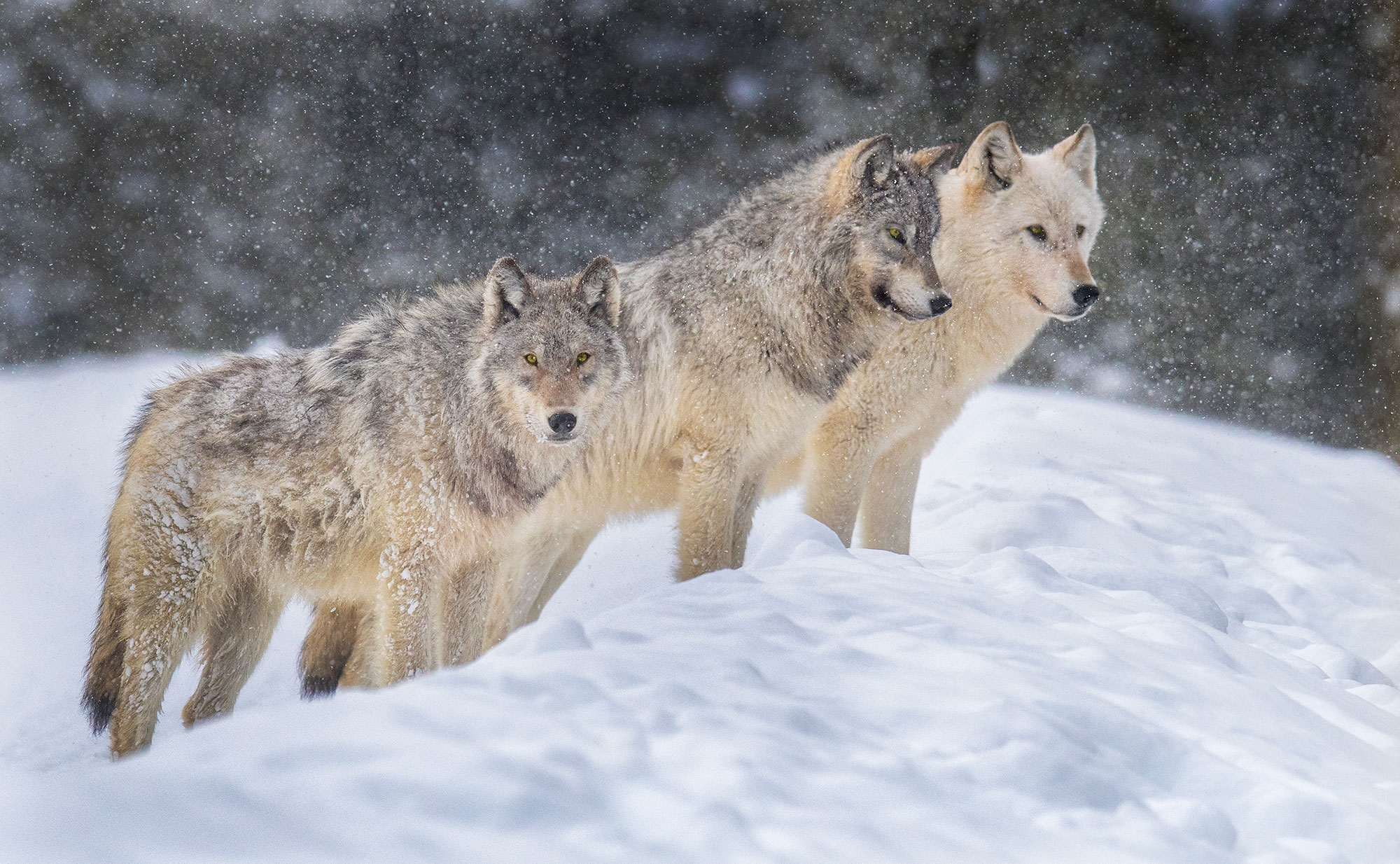This week, as North America’s wildlife professionals gather in Louisville, Kentucky, for the annual meetings of The Wildlife Society, the question of who calls the shots in wildlife management will be a hot topic.
Last year’s Wildlife Society annual meeting, in Spokane, was defined by what some in the wildlife-management profession characterized as a takeover by animal-rights activists who generally feel left out of traditional wildlife management.
They’re not entirely wrong. Most state wildlife agencies are funded mainly by hunters, either through license sales or pass-through revenue from taxes on guns, bows, and ammunition. And while state fish and game departments have wide authority to manage butterflies, minnows, and songbirds, most manage primarily for catchable fish and huntable game.
The wildlife activists, who want state agencies to de-emphasize hunting and fishing in favor of more tolerance for carnivores and non-game species, are not politely asking to be included, as last year’s Wildlife Society meeting indicated. In many states, they’re using the political process to win gubernatorial appointments to fish and game commissions. Washington, where these animal-rights advocates now hold a majority of commission seats, has become the leading indicator of a transition away from agencies that cater mainly to hunters and anglers.
Colorado is quickly moving toward a similar model, with the recent appointment of three commissioners who represent constituents who may have never bought a hunting or fishing license.
Over the next four weeks, I’ll join Randy Newberg, host of the popular Hunt Talk Radio, to discuss why these nerdy procedural topics matter to everyone who hunts and fishes in North America. In episode 1, which drops today, Newberg and I line out what’s at stake in this transition, which is going on with very little input from states’ hunting and angling communities.
The magnitude of the change isn’t lost on many wildlife managers. In Louisville this week, The Wildlife Society will host a number of conversations around the topic. Two of the most pertinent gatherings are this Wednesday. Early in the day, the executive director of the Association of Fish and Wildlife Agencies, Ron Regan, and Tony Wasley, the president of the Wildlife Management Institute, will moderate a symposium that highlights the efforts of fish and wildlife agencies as they expand the reach of their conservation mandate to include species that are not hunted or fished.
Later on Wednesday, a panel of state-agency directors and commissioners will share their experiences with guiding conservation efforts within the changing context for wildlife values and expectations.
The idea for these related sessions is both to confirm that state, provincial, and tribal wildlife agencies are at the forefront of wildlife conservation, and that hunters and anglers fund an awful lot of non-game species management. If that prompts a “well, duh!” response from you, then you’re the perfect listener to this first podcast, which lines out how hunters and anglers could lose if this trend gains traction in your state.

